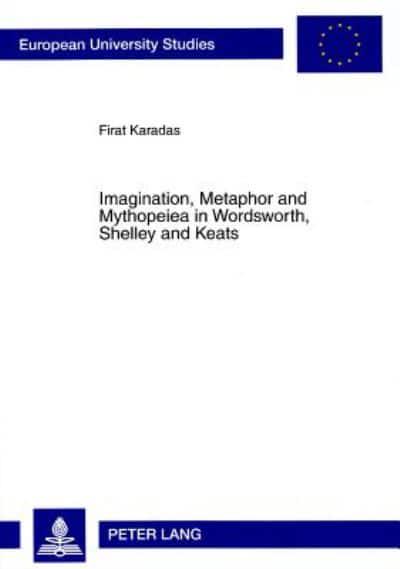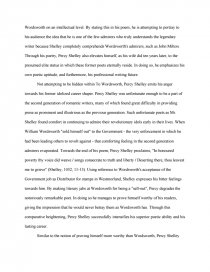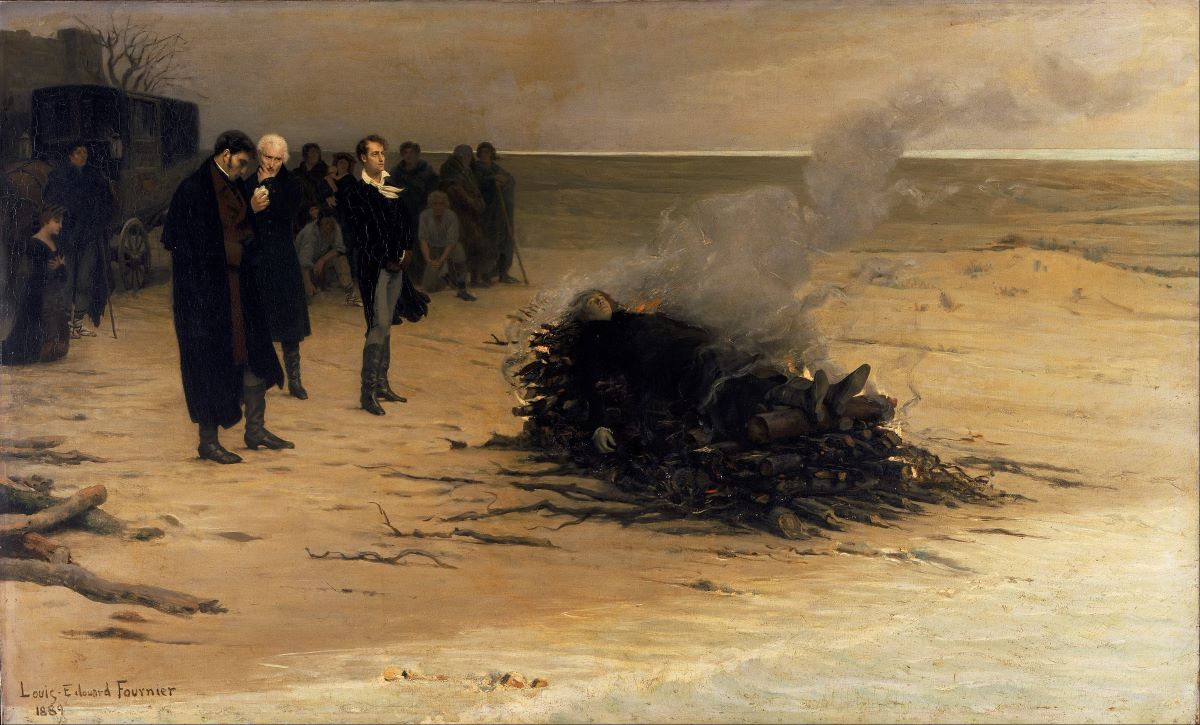Percy Bysshe Shelley and William Wordsworth were two of the most influential poets of the Romantic movement in England, which took place in the late 18th and early 19th centuries. Despite sharing many similarities, they also had significant differences in their poetry, philosophy, and approach to life.
One of the most noticeable differences between Shelley and Wordsworth is their style of writing. Shelley was known for his passionate and imaginative poetry, which often explored themes of nature, love, and political and social justice. His works often featured bold and vivid imagery, as well as a sense of wonder and idealism.
In contrast, Wordsworth was more focused on the natural world and the inner feelings of the individual. His poetry was characterized by its simplicity, clarity, and deep emotional resonance. Wordsworth believed that nature had a profound impact on the human psyche, and he often wrote about the beauty and power of the natural world as a way to explore deeper philosophical and spiritual themes.
Another key difference between Shelley and Wordsworth is their approach to life and their personal beliefs. Shelley was a radical and rebellious figure, who was deeply involved in political activism and social reform. He was a vocal critic of the ruling class and the injustices of the society in which he lived. His poetry often reflected this political consciousness and his desire for change.
Wordsworth, on the other hand, was more introspective and reflective, and his poetry often focused on personal experiences and emotions. He believed in the power of the imagination and the importance of emotional and spiritual growth, and his poetry often explored these themes.
Overall, while Shelley and Wordsworth shared many similarities as poets of the Romantic movement, they also had significant differences in their style, philosophy, and approach to life. Shelley was more imaginative and politically conscious, while Wordsworth was more introspective and focused on personal growth. Both poets, however, made significant contributions to the development of English literature and continue to be revered and studied by readers and scholars around the world.







